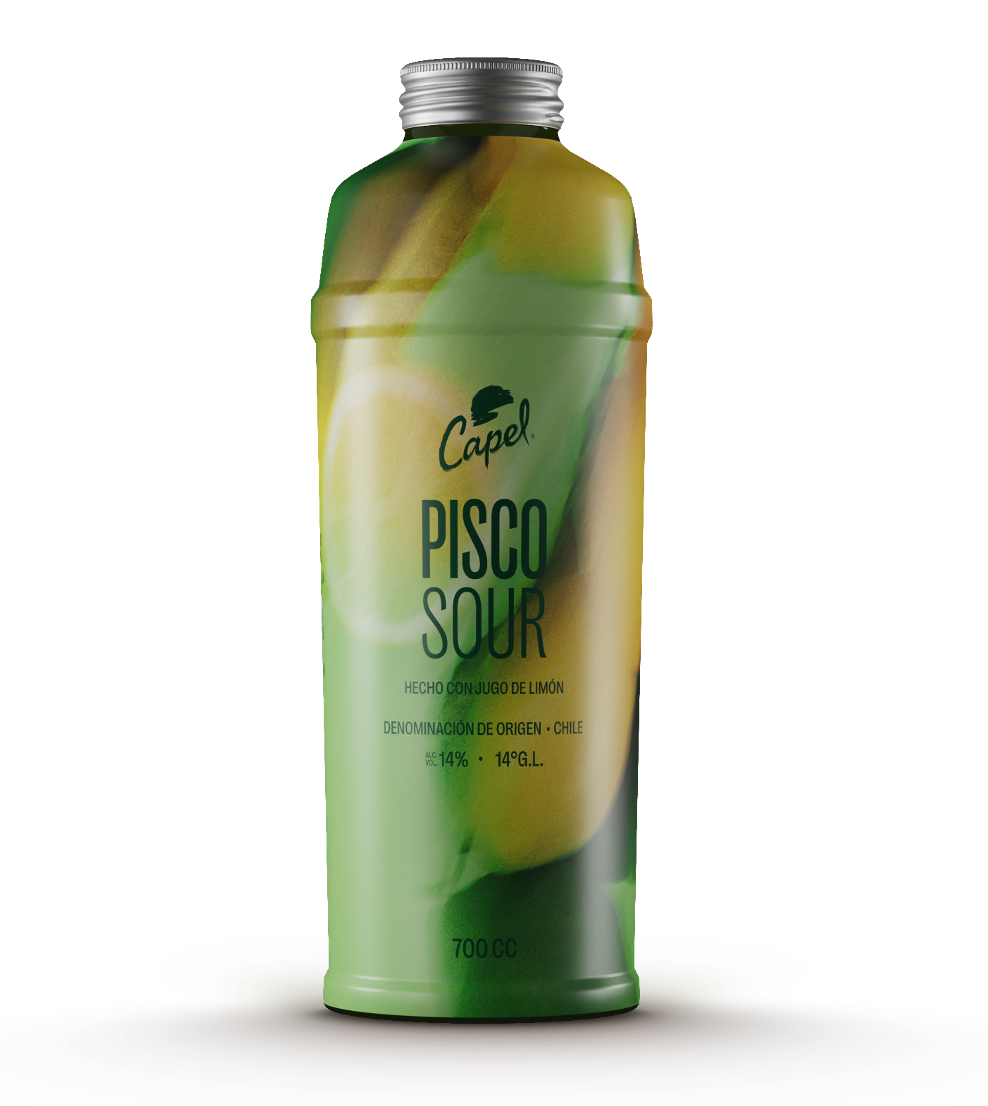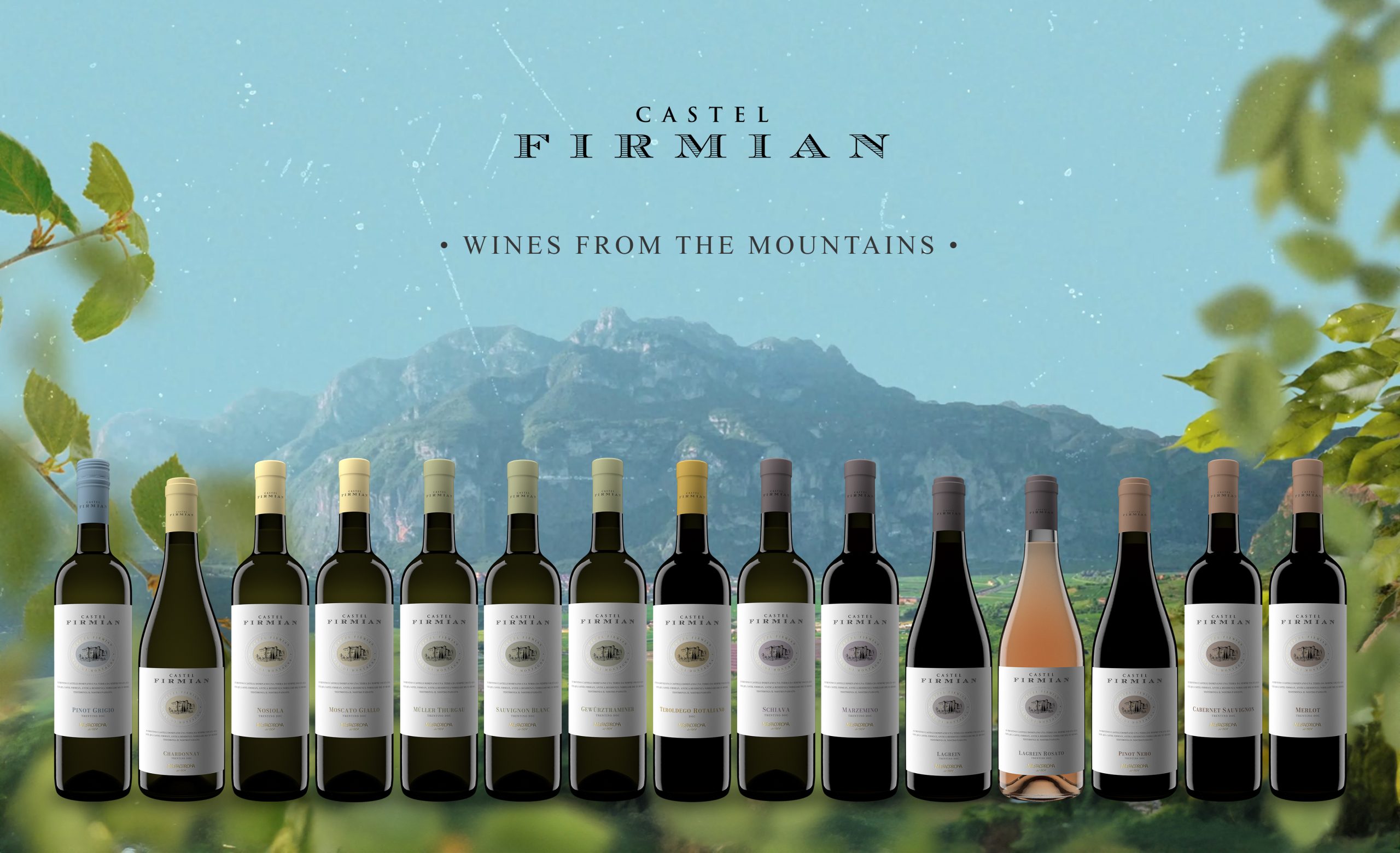Larkmead plants research block in Napa
US winery Larkmead Vineyards is planting a research block at its Calistoga property for trial purposes to see what varieties and clones may suit Napa Valley in the future.
With a changing climate potentially necessitating substantial changes across many wine regions of the world, Larkmead has decided to dedicate 3 hectares of its 110ha estate to see what may suit the region one day.
Owner Cam Baker explained: “As stewards of this incredible estate, it is our responsibility to protect the land and preserve its ability to produce quality wines for future generations.
“Today we continue to grow some of the best Cabernet Sauvignon in Napa Valley, but we are also preparing for tomorrow by establishing a Research Block on the estate.”
The block will be managed by winemaker Dan Petroski and viticulturist Kelly Maher and will include a clonal mix of Chenin Blanc, Petite Sirah and Zinfandel which are already present and reasonably widely planted in California as well as Mediterranean varieties such as Aglianico, Tempranillo and Touriga Nacional.
Larkmead has a long history of research and clonal trials. In the 1940s a clonal station was established at Larkmead by Dr Harold Olmo of UC Davis.
It was there that Olmo developed the Cabernet Sauvignon clone FPS 02 – known as the ‘Oakville Selection’ – which became the bedrock of California’s Cabernet output.
Partner Content
As Dan Petroski commented, however: “Climate change is very real and already affects vintners around the world. The fact is, Cabernet Sauvignon may no longer be well-suited to Napa Valley’s climate in 20 to 30 years.
“As one of the world’s top wine regions, we need to research and plan for inevitable warmer temperatures. Napa Valley will continue to lead the way in research and sustainability and we are carrying on the legacy of experimentation and trial here at Larkmead.”
As well as combining varieties, clones and rootstocks, the block will also allow Larkmead to experiment with cover crops and ways of managing the wider vineyards in more sustainable and biodiverse ways which will also help combat changing weather.
Kelly Maher said: “In order to determine the best path forward for the future and for our unique climate and terroir, we need to continue to experiment.
“We’re planning on testing different varieties, rootstocks, cover crops, and more. The goal is to have more biodiversity and climate resilient vineyards while continuing to produce better and better wines.”




